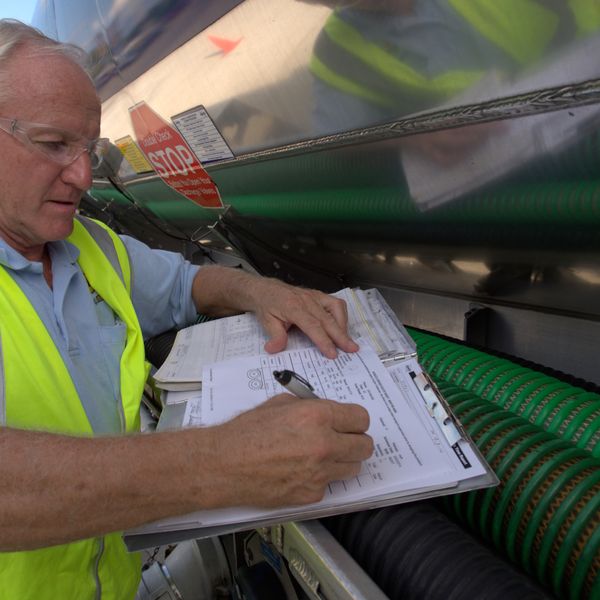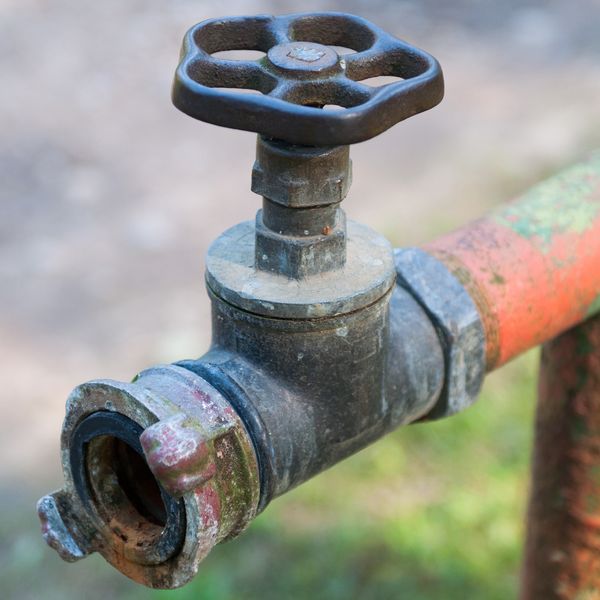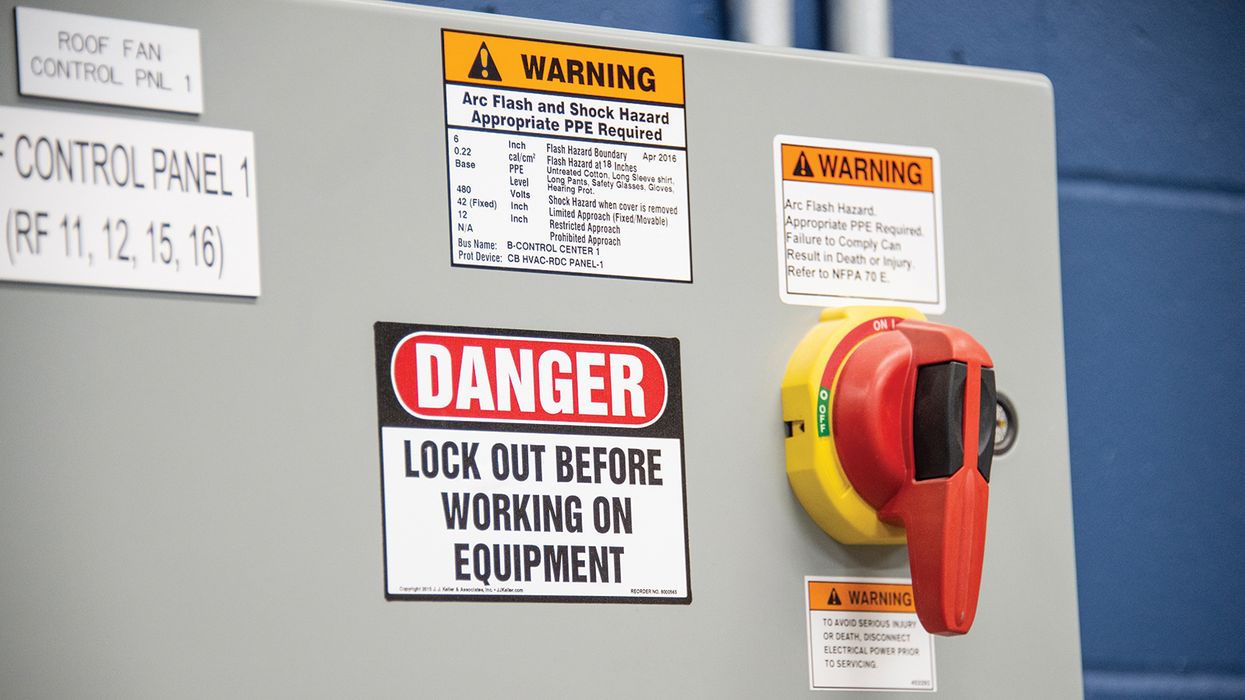Don’t get bitten by the spotted lantern fly
In an effort to protect agricultural crops and woodlands from significant damage, many eastern states are enforcing regulations related to controlling the spread of the spotted lantern fly. The spotted lantern fly is an invasive pest that can do significant harm to more than 70 plant species, including grapes, hops, and hardwood trees The following states currently have known infestations of spotted lantern flies:
- Connecticut
- Delaware
- Indiana
- Maryland
- Massachusetts
- New Jersey
- New York
- Ohio
- Pennsylvania
- Virginia
- West Virginia
Quarantine zones
In an attempt to contain the spread of the spotted lantern fly, some of the affected states have created quarantine zones (Delaware, Maryland, Pennsylvania, New Jersey, and Virginia). Delaware, as of July 12, 2022, has expanded its quarantine zone to include the entire state, and Virginia as of July 8, 2022, has expanded its quarantine zone to include more counties in western Virginia.
Any materials or equipment likely to carry the spotted lantern fly are to be inspected before leaving these zones. This includes vehicles that have spent any time in the quarantine zone. A current map of the quarantine zones is available the New York Integrated Pest Management Program, which is managed by Cornell University.
Training and permits
To further control the potential movement of the spotted lantern fly, the states that have quarantine zones have created training and permitting requirements. The training is available through the states. As an example, New Jersey and Pennsylvania offered the required training through the PennState Extension, College of Agricultural Sciences.
In the states that have training and permitting requirements, once the carrier has an individual trained (such as a manager or supervisor), that individual can the register the company. That individual is then authorized to provide training and permits to all employees and vehicles that will be in the quarantine areas. The states involved have reciprocity when it comes to the training and permitting.
Do you need the permit?
The requirements apply to companies based in the quarantine zone, including motor carriers. In some states, such as Pennsylvania, the permitting requirement also applies to carriers that load, unload, or makes stops within the quarantine zone (if the stops are more than a few minutes in duration).
Enforcement
Various state agencies in the affected states are enforcing the quarantine and permitting requirements.
Key to remember
Carriers that operate in the affected states should quickly determine whether there are training and/or permitting requirements that apply to them in these states. Criminal penalties for not complying with these requirements can be up to $300 per violation, and civil penalties can be as high as $20,000 per violation.





















































